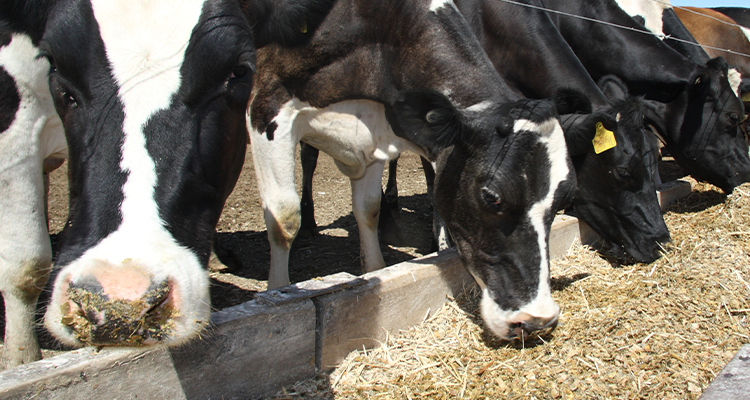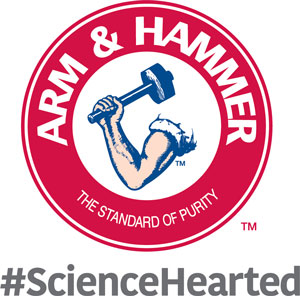
As many dairy farmers already know, recycled manure solids (RMS) can be a cost-effective, sustainable dairy bedding option. If not managed properly, though, the use of RMS can lead to potentially high pathogen levels, risk of high somatic cell counts (SCC), and environmental mastitis.
Currently, the approaches taken to control pathogens in RMS have come with significant drawbacks. Take composting as just one example. While the baseline challenge is reduced, outgrowth is not prevented. With hydrated lime, there’s a risk to employee health and safety and an additional labor requirement. And acid-based products provide limited protection and risk employee health. Both acid and lime products can also present long-term risks to soil pH.
Arm & Hammer Animal and Food Production has been working on a solution to address many of those challenges. For the past several years, The ScienceHearted Center in Waukesha, Wis., has been characterizing and quantifying mastitis-causing organisms in bedding samples from across the United States. The goal: Understand what organisms are in bedding and how they function in dairy systems.
They then turned their attention to evaluating the effect of adding Bacillus to RMS as a form of pathogen management. Since Bacillus are beneficial, spore-forming bacteria, they are stable in various environments — and some Bacillus strains can produce a variety of antimicrobial compounds.
Inhibition activity of these proprietary Bacillus strains, which have been selected for their ability to produce antimicrobial peptides, was evaluated against representative mastitis-causing organisms isolated from bedding samples in their culture collection. Then, the most effective strains at inhibiting pathogen growth were selected for inclusion in bedding applications.
This initial exploration led to on-farm research with a new product called CERTILLUS™ Eco Dairy Bedding. Target herds for the initial investigation were dairies bedding with “green” RMS. In this instance, “green” meant the solids coming off the screw press were not subjected to any additional composting or heating steps, and the product was applied at a single location after the screw press. These sites were applying new bedding multiple times per week into deep-bedded stalls.
Studies were conducted on five commercial dairies. The first four focused on green solids, while the fifth focused on composted RMS. The dairies ranged in size from 250 to 800 cows. Assessing the data from the five dairies the average counts of E. coli, coliforms, Klebsiella, and group D streptococci decreased with CERTILLUS™ Eco Dairy Bedding, our newest #ScienceHearted solution.
With the decrease in target pathogen populations, a decrease in bulk tank SCC with the bedding treatment application on all five demo sites was also observed, as well as a decrease in average monthly mastitis events with the bedding treatment application on four of the five trial sites.
CERTILLUS™ Eco Dairy Bedding is now in use on 20 dairies across six different U.S. states. The team at Arm & Hammer Animal and Food Production is currently testing different product formats and application methods as well as generating data in different types of RMS handling systems.
With the introduction of CERTILLUS Eco Dairy Bedding, dairies can now safely and effectively control pathogens in recycled manure solids (RMS).
